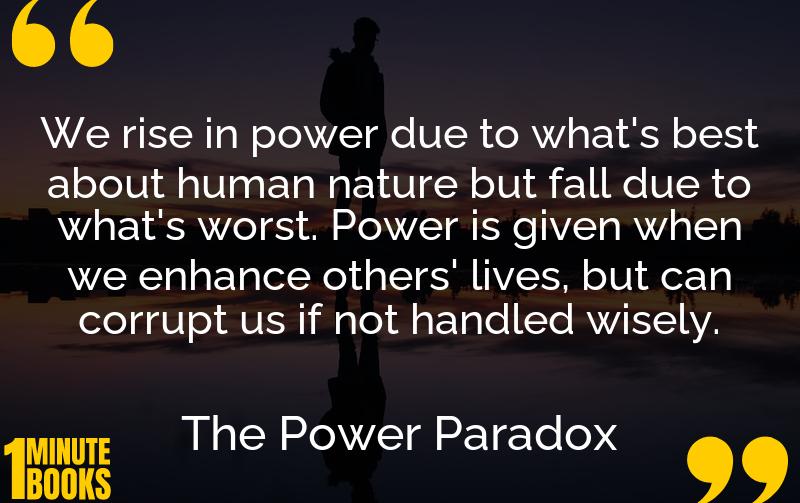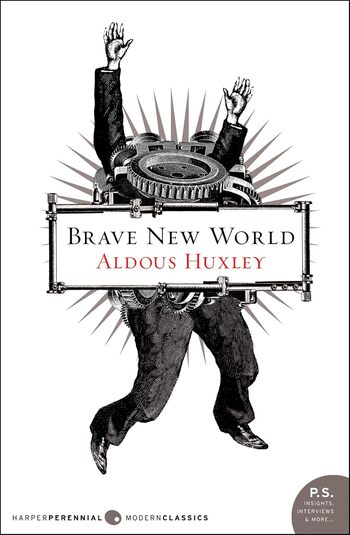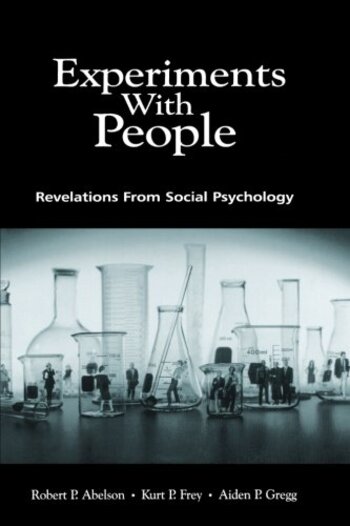
The Power Paradox explores the dynamics of power, its acquisition, maintenance, and how it can corrupt, emphasizing the importance of empathy and compassion in exercising power.
Main Lessons
- Power is woven into the fabric of daily life, affecting personal and professional relationships.
- True power is granted by others, often as a reward for kindness and enthusiasm.
- Maintaining power is challenging and requires a focus on the needs and contributions of others.
- Absolute power can corrupt, leading to impulsive and disrespectful behavior.
- We can avoid the negative effects of power by staying empathetic and compassionate.
- The presence of power can inadvertently cause stress and anxiety in others.
- Feelings of powerlessness can severely impact health and societal contribution.
- Communicating worth and value to those feeling powerless can mitigate negative effects.
- Power should be used as a force for good, achieved through selfless acts.
- Reflecting on how we handle power can greatly influence our happiness and that of others.
- Leaders should remain aware of the power dynamics they create or perpetuate.








